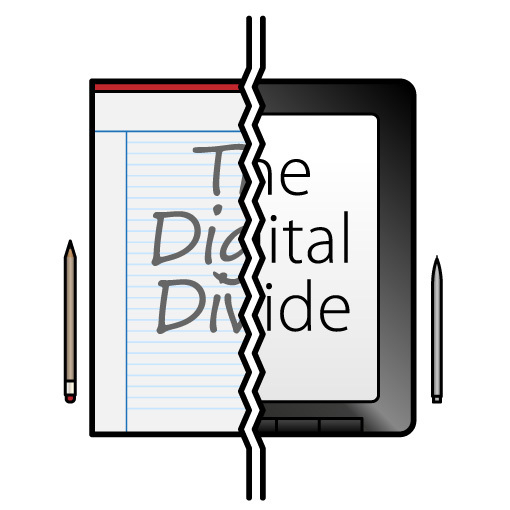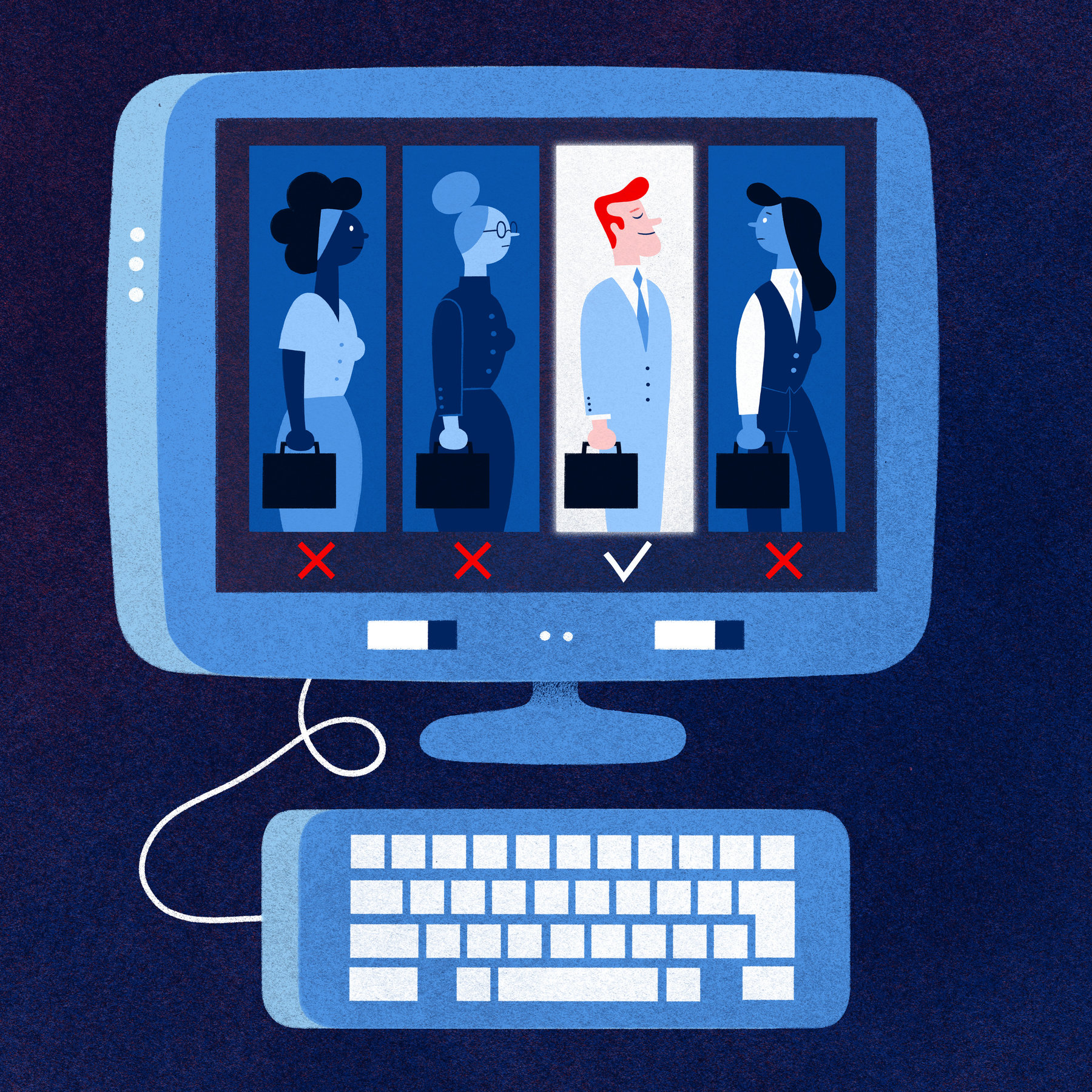Digital divide
An article published by Standford states digital divide as follows: "The idea of the "digital divide" refers to the growing gap between the underprivileged members of society, especially the poor, rural, elderly, and handicapped portion of the population who do not have access to computers or the internet; and the wealthy, middle-class, and young Americans living in urban and suburban areas who have access." Digital divide can be combated in many ways, such as by making technology more affordable for lower-income communities.


Crowd Sourcing
The websters dictionary definition of crowdsourcing is: "the practice of obtaining needed services, ideas, or content by soliciting contributions from a large group of people and especially from the online community rather than from traditional employees or suppliers." Crowdsourcing, when done well, could help see different perspectives on the same issue. When crowdsourcing it is best to receive data from a variety of different people, verses a group of people with similar experiences and ideas.


Computer Bias
Humans naturally have biases weather they believe in what that bias is or not. Computers naturally pick up on these biases. For example, when you google "nurse" mostly women show up. This is due to the fact that the majority of people think of a woman when they think of a nurse instead of a man. The AI picks up on the bias of the information that it is given. An image of the google search is shown to the right.

